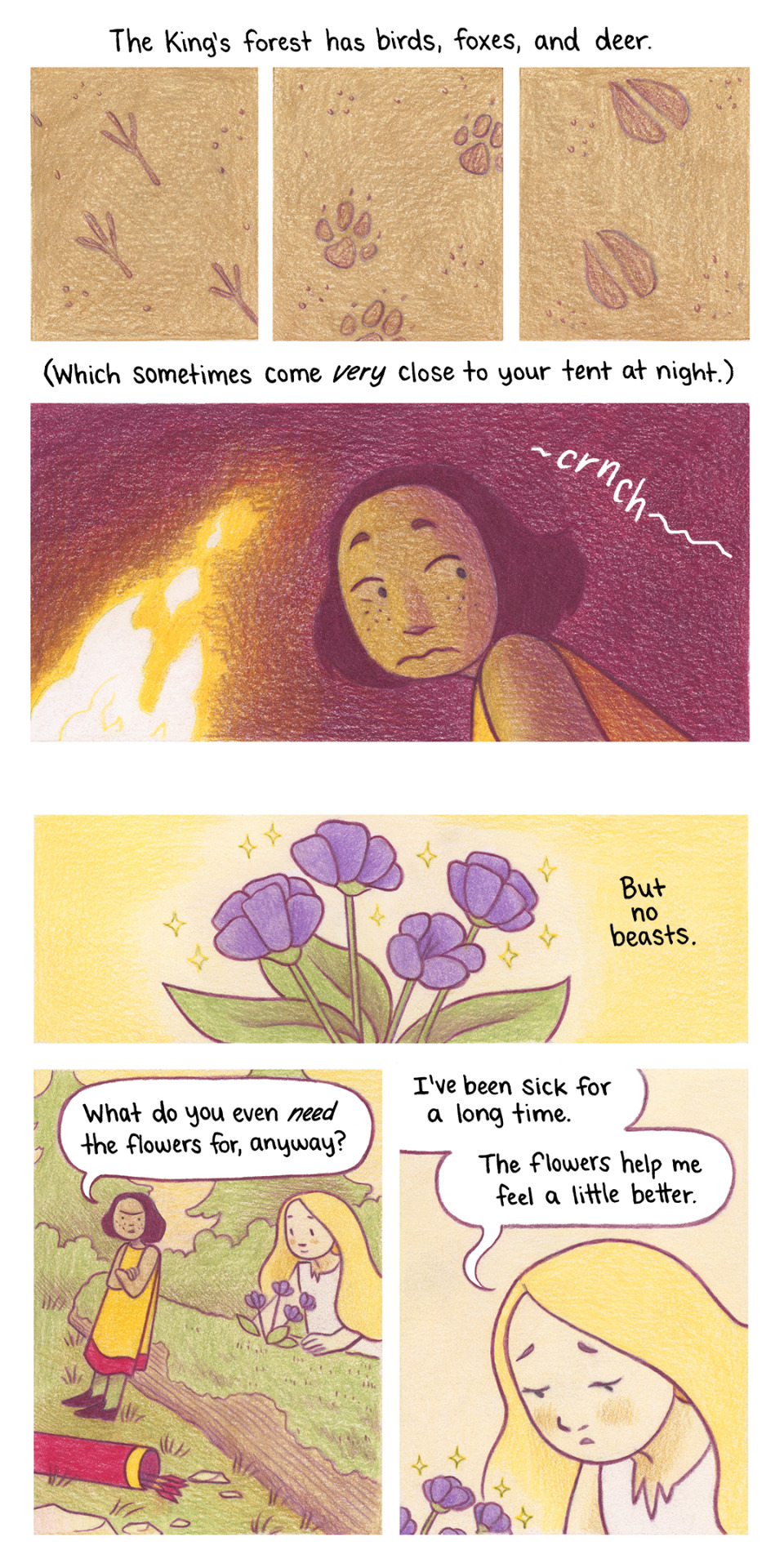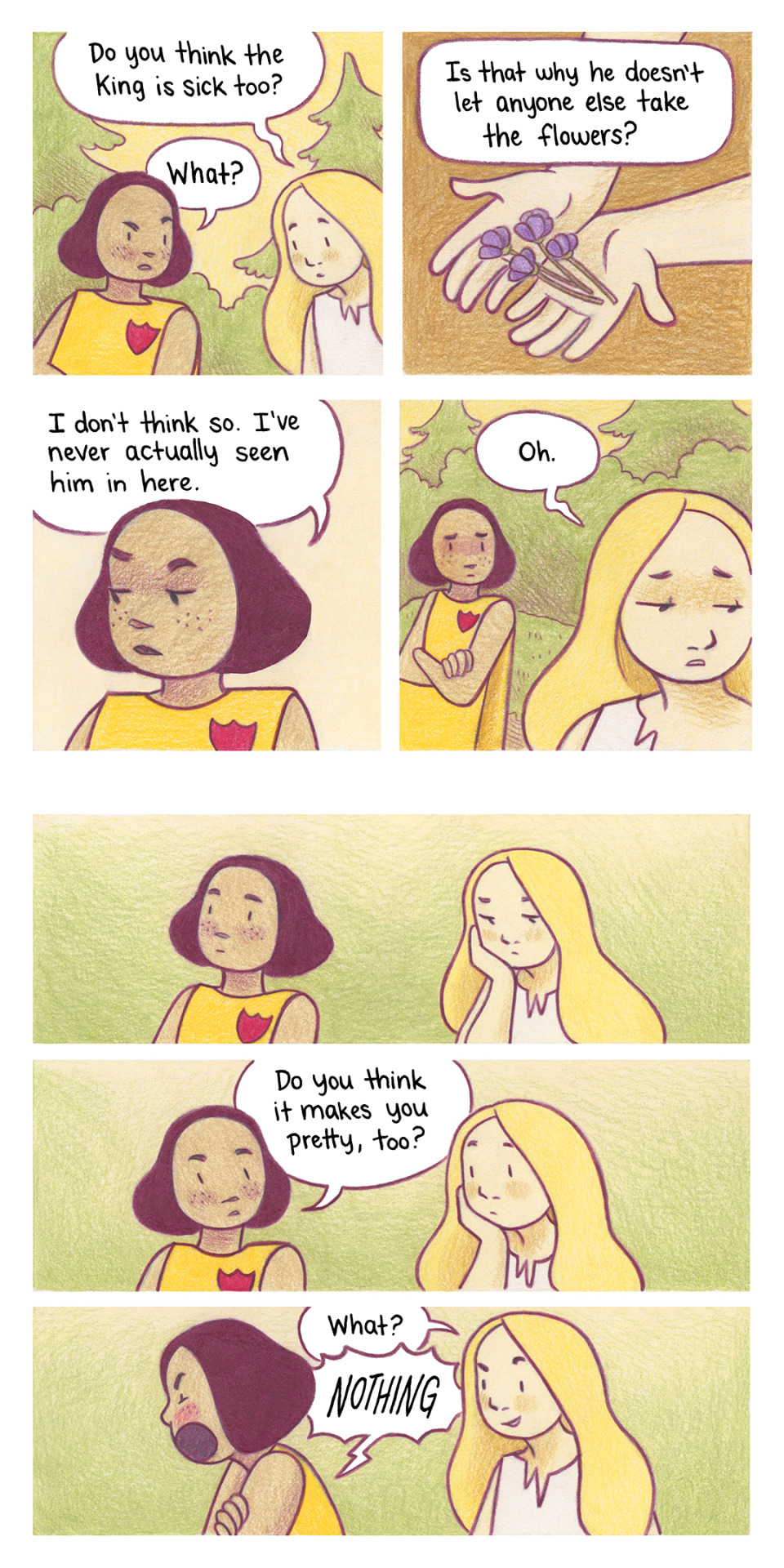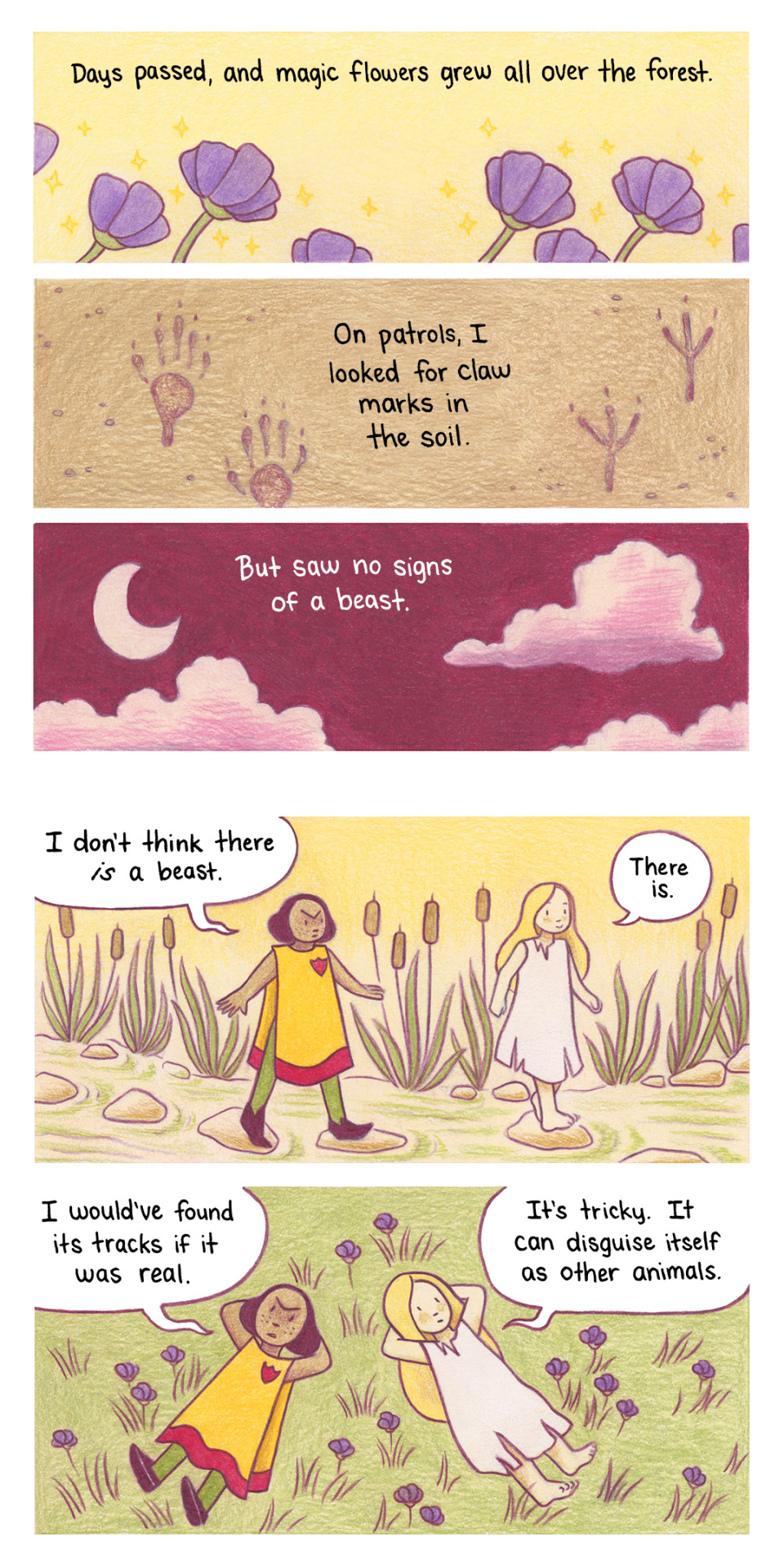The Ship Of Theseus Is A Story Of A Ship Which, Over Time, Has Part After Part Replaced. By The End,
The Ship of Theseus is a story of a ship which, over time, has part after part replaced. By the end, 100% of the original ship's pieces have been replaced. The paradox begs the question of whether it is still the same ship.
The Ship of Theseus is a story of a ship which has its pieces replaced one after another. By the end, every single piece of the original ship has changed. The paradox asks if this is the same ship.
The Ship of Theseus tells the allegory of a ship whose crew are replaced one at a time. Eventually every single crewmate has been swapped for a new one. No one left knows what the carved initials in the mast mean. The paradox wonders whether the ship is still the same ship.
The Ship of Theseus refers to a company which has experienced complete turnover and rebranding. The query wishes to know if it is still the same company. The debtors are asking.
The Ship of Theseus is about a family. The original constituents are dead now, replaced by younger generations which have dispersed, found love, married and gained new names. No one is Theseus anymore. No one remembers the bones. But the genes never forget. Who is the family now?
The Ship of Theseus is you, shed of all the cells which first made you. They're stardust again. You'll be stardust many times over. Who are you?
The Ship of Theseus is me. All my words have changed. Who do I get to be now?
-
 angry-glasses reblogged this · 11 months ago
angry-glasses reblogged this · 11 months ago -
 lummophoenix liked this · 11 months ago
lummophoenix liked this · 11 months ago -
 limadapersia158 liked this · 11 months ago
limadapersia158 liked this · 11 months ago -
 violet-prism-creatively liked this · 11 months ago
violet-prism-creatively liked this · 11 months ago -
 shrubseph liked this · 11 months ago
shrubseph liked this · 11 months ago -
 that-one-theater-thing liked this · 11 months ago
that-one-theater-thing liked this · 11 months ago -
 curtailedwhale reblogged this · 11 months ago
curtailedwhale reblogged this · 11 months ago -
 tanymeteor reblogged this · 11 months ago
tanymeteor reblogged this · 11 months ago -
 thecoziestofbears liked this · 1 year ago
thecoziestofbears liked this · 1 year ago -
 dreamdustandstarscapes reblogged this · 1 year ago
dreamdustandstarscapes reblogged this · 1 year ago -
 wrebeccawrites liked this · 1 year ago
wrebeccawrites liked this · 1 year ago -
 donewiththatnoise liked this · 1 year ago
donewiththatnoise liked this · 1 year ago -
 sheetofwritingpaper reblogged this · 1 year ago
sheetofwritingpaper reblogged this · 1 year ago -
 nooneknowsyoureadog liked this · 1 year ago
nooneknowsyoureadog liked this · 1 year ago -
 ask-me-about-my-thumbs reblogged this · 1 year ago
ask-me-about-my-thumbs reblogged this · 1 year ago -
 ask-me-about-my-thumbs liked this · 1 year ago
ask-me-about-my-thumbs liked this · 1 year ago -
 eonthewingedwolf reblogged this · 1 year ago
eonthewingedwolf reblogged this · 1 year ago -
 eonthewingedwolf liked this · 1 year ago
eonthewingedwolf liked this · 1 year ago -
 vaguelyprolific reblogged this · 1 year ago
vaguelyprolific reblogged this · 1 year ago -
 vaguelyprolific liked this · 1 year ago
vaguelyprolific liked this · 1 year ago -
 eepy-fox liked this · 1 year ago
eepy-fox liked this · 1 year ago -
 fabulous-firemind liked this · 1 year ago
fabulous-firemind liked this · 1 year ago -
 confused--polarity reblogged this · 1 year ago
confused--polarity reblogged this · 1 year ago -
 lindeeanajones reblogged this · 1 year ago
lindeeanajones reblogged this · 1 year ago -
 entitynotfound liked this · 1 year ago
entitynotfound liked this · 1 year ago -
 yeoldemonster reblogged this · 1 year ago
yeoldemonster reblogged this · 1 year ago -
 burnt-kloverfield reblogged this · 1 year ago
burnt-kloverfield reblogged this · 1 year ago -
 burnt-kloverfield liked this · 1 year ago
burnt-kloverfield liked this · 1 year ago -
 jeannemat reblogged this · 1 year ago
jeannemat reblogged this · 1 year ago -
 lady-tabris reblogged this · 1 year ago
lady-tabris reblogged this · 1 year ago -
 tanymeteor liked this · 1 year ago
tanymeteor liked this · 1 year ago -
 theperksofbeingbarbie reblogged this · 1 year ago
theperksofbeingbarbie reblogged this · 1 year ago -
 theredwitterell reblogged this · 1 year ago
theredwitterell reblogged this · 1 year ago -
 elaine-moon reblogged this · 1 year ago
elaine-moon reblogged this · 1 year ago -
 amazingsyrup reblogged this · 1 year ago
amazingsyrup reblogged this · 1 year ago -
 amazingsyrup liked this · 1 year ago
amazingsyrup liked this · 1 year ago -
 randomthoughtsrandomdude reblogged this · 1 year ago
randomthoughtsrandomdude reblogged this · 1 year ago -
 livin-mah-best-life reblogged this · 1 year ago
livin-mah-best-life reblogged this · 1 year ago -
 tiredacademic reblogged this · 1 year ago
tiredacademic reblogged this · 1 year ago -
 araneusadmirer liked this · 1 year ago
araneusadmirer liked this · 1 year ago -
 duckiel reblogged this · 1 year ago
duckiel reblogged this · 1 year ago -
 duckiel liked this · 1 year ago
duckiel liked this · 1 year ago -
 the-lonely-desolation reblogged this · 1 year ago
the-lonely-desolation reblogged this · 1 year ago -
 carnival-core liked this · 1 year ago
carnival-core liked this · 1 year ago -
 twigstarpikachutroll22 reblogged this · 1 year ago
twigstarpikachutroll22 reblogged this · 1 year ago -
 cookies1310 liked this · 1 year ago
cookies1310 liked this · 1 year ago -
 quietpoetrycorner reblogged this · 1 year ago
quietpoetrycorner reblogged this · 1 year ago -
 darthbloodorange reblogged this · 1 year ago
darthbloodorange reblogged this · 1 year ago
More Posts from Thescruptwriterthingsiguess










Here’s the new 24 hour comic I drew this year! This one is called THE KING’S FOREST. cw: blood, violence
PS: if you liked this, there’s a whole book of these comics available now!
Hey OP? Who’s sexualizing SpongeBob??

Don't ask. Just like, rb, and keep scrolling.

When the p*rn bots keep following you
How To Write And Research Mental Illnesses

Mental illnesses are a large aspect of literature often incorporated into various different genres. However, even with their prevalence, many authors are often unaware of how to write about mental illnesses accurately. If you’re an author writing a character with a mental illness, here are some tips on how to write with mental illnesses.
Don’t ‘Self Diagnose’ Your Characters
When writing about mental illnesses it’s important to consider whether or not your character would realistically have this mental illness given their situation and story. Many authors often ‘self diagnose’ their characters without actually taking the time to research these illnesses and figure out whether their character would develop this illness if they were a real person.
I say ‘self diagnose’ because as authors we generally do diagnose our characters based on our own interpretations and plans for them and their story, without looking to real people with these illnesses.
Just because your character is going through an unproductive slump doesn’t mean they they are depressed. Just because your character is nervous and experiencing stage fright doesn’t mean they have anxiety.
Take the time to look into these mental illnesses and genuinely consider whether or not your character has a mental illness, or if you’re just self diagnosing and wrongly labelling them.
Do Your Research
Whenever I blog about such sensitive topics, I always find myself ultimately mentioning this one point. This is because even with so many resources available to us both online and offline, writers still choose to be blissfully unaware of sensitive topics mentioned in their WIPs or stories.
I sincerely cannot stress how important it is for a writer to do their due diligence and research the topics they write for, especially if it is something as sensitive as mental illnesses.
Once you have established that your character would realistically develop or undergo a mental illness given the situation they are in, it is now time to research what exactly they would go through.
A simple google search can tell you everything you need to know about your character’s mental illness. Or, you could reach out to people you know who suffer from the same illness and ask them questions about it.
Researching your character’s mental illness helps ensure you don’t accidentally misrepresent that illness or create symptoms that are inaccurate and insulting to people who do suffer from that mental illness. It will also provide you with a sense of ease as an author, and allow you to work on your WIP without having to worry about accidentally offending an entire community.
Remember The Three Ss
One of the biggest challenges writers face with writing with mental illnesses is unrealistic representation. Unsure where to start with your research? Here is a simple guide for you to keep in mind.
When writing about mental illnesses, you need to recall the three Ss:
Symptoms
Side effects
Stages
Symptoms
Every illness or disease has its own symptoms, the same applies to mental illnesses. When writing about a character with mental illnesses, you need to take the time to research the symptoms of this illness and how these symptoms can impact your character on a day-to-day and general level.
For example, a character with PTSD would face trouble sleeping and concentrating, would be irritable, angry and face overwhelming guilt or shame. These symptoms can all make it hard for a person to excel at school or the workplace and can lead to delayed deadlines, unfinished work, and a lot of stress and anxious thinking.
A character with PTSD would likely not be able to handle being at the top of their class, unless they completely engross themselves in their studies to the point where they can’t think of anything except that. However, if that were the case then they would find it very hard to handle ‘normal’ situations and wouldn’t be getting a lot of sleep.
Side Effects
A side effect is a temporary and commonly unwanted effect of a drug or medical condition. Unlike a symptom, a side effect can be harmful or beneficial and most go away on their own over time.
They wouldn’t be considered as ‘serious’ as a symptom, however, they can still significantly impact your character, their story, and their dynamics with the characters they interact with.
Following the above example, a character with PTSD would generally suffer from an inability to develop or maintain positive, healthy interpersonal relationships and an inability to trust others. They also often face side effects such as social isolation, chronic feelings of fear, etc.
These are all side effects that would make it hard for a character with PTSD to maintain emotional relationships. You can use this to portray their sudden lack of connection with friends and family, and how they find themselves only associating with people who have either been through or understand their situation.
Stages
A person with cancer, or other such physical illnesses, doesn’t suddenly hit a chronic level overnight. The same logic applies to mental illnesses. Mental illnesses don’t just develop overnight. Your character won’t suddenly wake up one day in chapter ten and have a full-blown panic attack because they developed a panic disorder.
Yes, people can face symptoms or side effects pertaining to a mental illness after facing a traumatic event. However, when writing about such events, it’s very important to do your research and consider whether or not a person would realistically undergo such serious symptoms in such a small timeframe given the circumstances.
Outside of incidents that are a direct result of a traumatic event, it’s important to consider the stages your character would experience as a result of their mental illness.
For example, a person with PTSD goes through five stages, the first being the impact or emergency stage, during which they struggle to process or deal with the situation they have gone through. Then comes the denial or numbing stage.
Following the above example, a numbing stage would be akin to when a character pretends the traumatic event never occurred and throws themselves into their work or school. Then comes a rescue stage, which would be when other characters begin to intervene or when the character comes to terms with the events and starts to better themselves.
Knowing the stages of your character’s mental illness allows you to accurately plan out what happens in your story and create a realistic portrayal of their suffrage. It also helps flesh out your story for your readers and allows you to seamlessly incorporate your character’s illness into the story.
Don’t Define Them By Their Mental Illness
Now that you have a general idea of how to write and research mental illnesses, I would like to end this blog post with a small reminder. People with mental illnesses are human. They have personalities, hobbies, likes, dislikes, and other such traits that often have nothing to do with their mental illness.
When writing with a mental illness, it’s important to take this into account and ensure you don’t constantly define your character by their mental illness, or even worse, reduce them to their mental illness.
I hope this blog on how to write and research mental illnesses will help you in your writing journey. Be sure to comment any tips of your own to help your fellow authors prosper, and follow my blog for new blog updates every Monday and Thursday.
Looking For More Writing Tips And Tricks?
Are you an author looking for writing tips and tricks to better your manuscript? Or do you want to learn about how to get a literary agent, get published and properly market your book? Consider checking out the rest of Haya’s book blog where I post writing and marketing tools for authors every Monday and Thursday.


They goofin
ᵖˢ ⁱ ᵍᵒᵗ ⁱⁿˢᵖⁱʳᵉᵈ ᵇʸ ᵗʰᵉ ˢᶜᵉⁿᵉ ⁱⁿ ʳⁱˢᵉ ᵒᶠ ᵗʰᵉ ᵗᵐⁿᵗ ʷʰᵉʳᵉ ᵐⁱᵏᵉʸ ʸᵉˡˡˢ ⁱⁿ ᵗʰᵉ ˡⁱᵇʳᵃʳʸ ᵃⁿᵈ ⁱᵗ ᵍᵒᵉˢ ~ᵉᶜʰᵒ~
